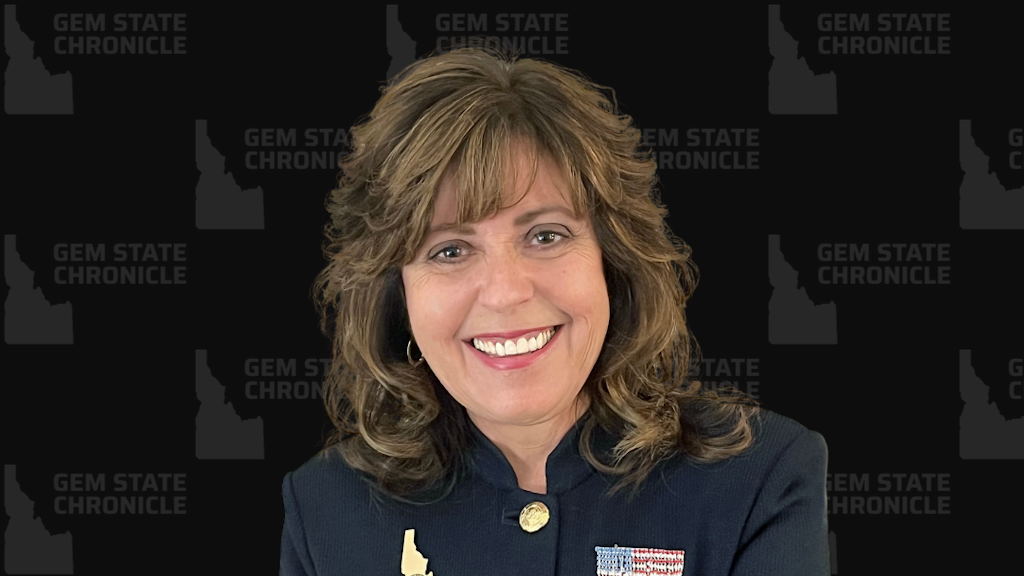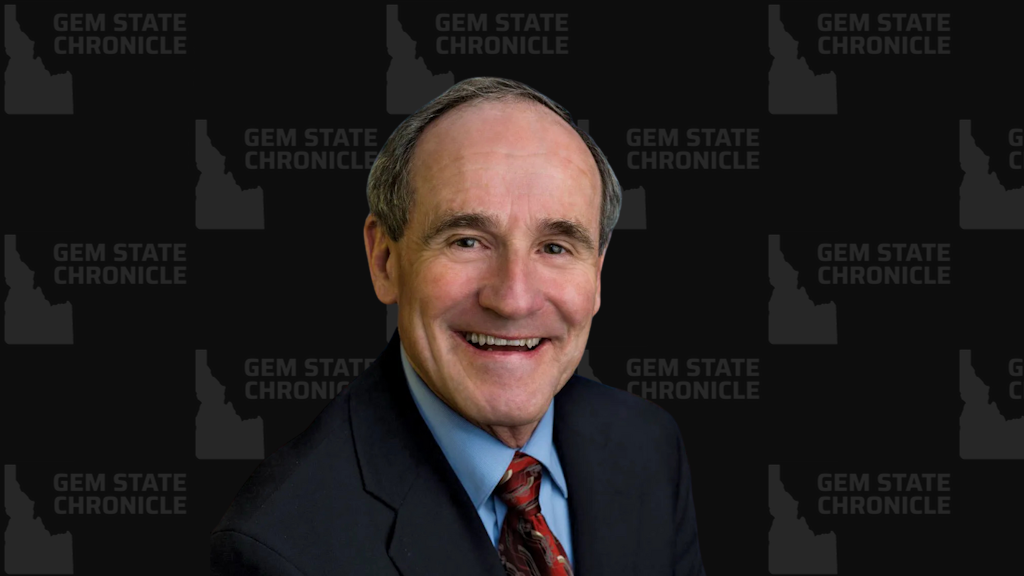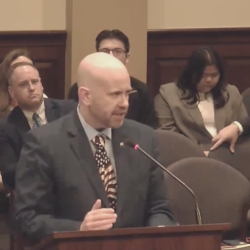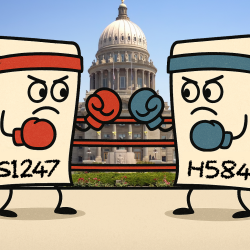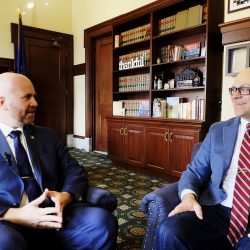By Dorothy Moon
In a surprising development in the presidential eligibility saga, Shiva Ayyadurai, an accomplished candidate with a strong academic and professional background, is back in the spotlight. Born in India and raised in New Jersey, Ayyadurai appears on the Idaho presidential ballot despite being removed from New Jersey’s. This situation has ignited debate over the constitutional requirements for presidential candidates and the role of state authorities in upholding these standards.
Ayyadurai, an MIT graduate known for his contributions to computer science and email technology, encounters a significant hurdle: the natural born citizen requirement mandated by the U.S. Constitution, which stipulates that only individuals born in the U.S. or to U.S. citizens abroad can hold the presidency.
Ayyadurai’s removal from the New Jersey ballot was due to this very clause. The state’s Democratic Committee challenged his eligibility, leading to a ruling by an administrative law judge who determined that Ayyadurai did not meet the constitutional requirements. Despite appealing to the state’s Superior Court’s appellate division and even the New Jersey Supreme Court, Ayyadurai’s efforts to be reinstated on the ballot were unsuccessful. In his appeal, Ayyadurai argued that the decision violated his civil rights, referencing the NJ Civil Rights Act and the 14th Amendment. He stressed that his renunciation of Indian citizenship in favor of American allegiance should grant him equal treatment under the law.
The core of Ayyadurai’s legal challenge lies in the interpretation of the natural born citizen clause. This requirement, while seemingly straightforward, has been subject to various interpretations and legal challenges over the years. Historically, cases such as those involving Senator John McCain, who was born on a U.S. naval base in the Panama Canal Zone, have tested the boundaries of this clause. Legal scholars often debate its exact parameters, focusing on the intent of the framers of the Constitution and the evolving nature of citizenship laws.
Despite the setbacks in New Jersey, Ayyadurai remains on the Idaho ballot, raising questions about the decision making process of the Idaho Secretary of State. This discrepancy highlights the decentralized nature of election laws in the U.S., where states have significant autonomy in administering elections. While some states, like New Jersey, strictly enforce the natural born citizen requirement, others may interpret or apply these rules differently.
Legal experts offer varied opinions on Ayyadurai’s case. Some argue that the Idaho Secretary of State’s decision reflects a broader interpretation, potentially opening the door for future legal challenges and discussions on constitutional amendments. Others maintain that the state’s decision may not withstand federal scrutiny, should it be challenged in higher courts.
The implications of Ayyadurai’s continued presence on the Idaho ballot are far-reaching. It underscores the ongoing debate about the constitutional adherence of American elections and the need to revisit candidates that are potentially violating the law that is written.
For Idaho voters, this situation presents a unique intersection of local and national politics. What decision will we the people make? As the 2024 presidential election approaches, Ayyadurai’s candidacy serves as a reminder of the dynamic nature of constitutional interpretation and the evolving landscape of American politics.
Dorothy Moon was elected to serve as the chairwoman of the Idaho Republican Party in July of 2022, and reelected in 2024. Moon served three terms in the Idaho Legislature as State Representative for District 8. Moon’s career in public service has focused on the advancement of individual liberties and reducing the size and scope of government.
About Dorothy Moon
Dorothy Moon was elected to serve as the chairwoman of the Idaho Republican Party in July of 2022, and reelected in 2024. Moon served three terms in the Idaho Legislature as State Representative for District 8. Moon’s career in public service has focused on the advancement of individual liberties and reducing the size and scope of government.



